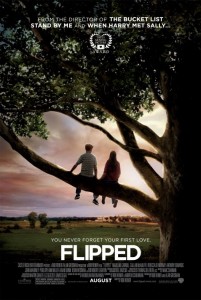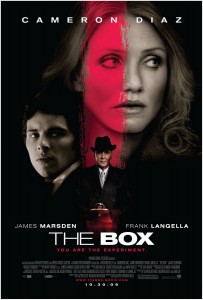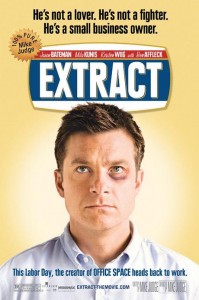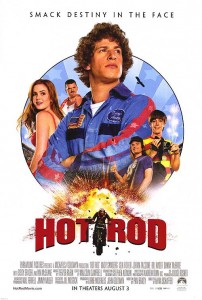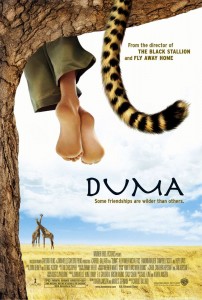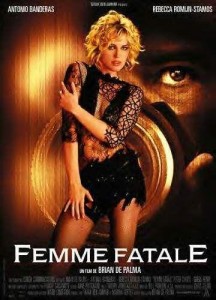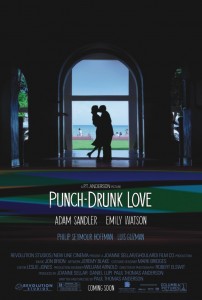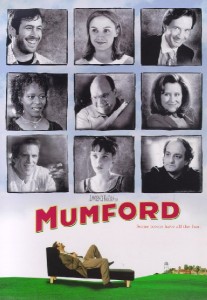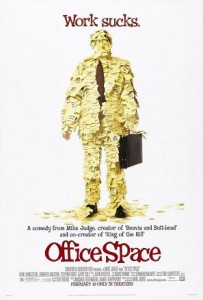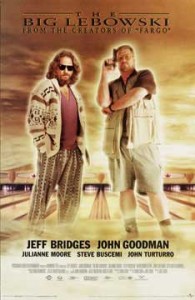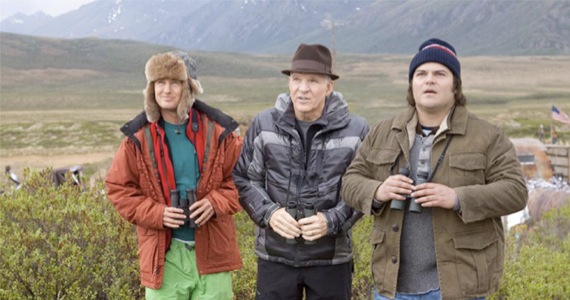
This isn’t a judgment call. The Big Year is an unadulterated disaster with an opening box office gross of $3.2 million at 2,150 North American screens. That’s $1,513 per screen. A hit movie on opening weekend makes at least $4,500 per screen. For 20thCentury Fox, it was a $40 million dollar investment. Some theory was that general audiences were confused on what kind of movie it was. Is it a comedy? A drama? A snapshot of contemporary job market windfall? Gee, how about this: a feel-good comedy about bird-watching? Bah! What the Steve Martin / Jack Black / Owen Wilson movie is to me is a good movie.
Here are other movies that have withstood box office disaster and are regarded fondly as good movies in due course of time:
Flipped (2010) – Total Gross: $1.7 million. Set in 1963, about a bashful first “crush.” Callan McAuliffe and Madeline Carroll play the innocent inexperienced teens. The kind of sweet teen romance absent from today’s times, directed by Rob Reiner.
The Box (2009) – $15.0m – Strange and paradoxical sci-fi set in the 1970’s and pinned with omens galore, one that doesn’t make clarifying sense but it leaves you amused in your pondering of “Twilight Zone” possibilities. This visual oddity stars Cameron Diaz and James Marsden.
Extract (2009) – $10.8m – The kind of Mike Judge comedies (“Office Space”) that he makes only to be appreciated much later, often in repeat viewings. Jason Bateman is the company president trying to end his headaches brought upon by employees who are flunkies and his promiscuous wife.
Hot Rod (2007) – $13.9m. Everybody loves Andy Samberg king-goofball on “Saturday Night Live.” Why shouldn’t they love him here, as an inept stuntman for hire, in this ultimate ode to Samberg-ian outrageousness?
Duma (2005) – $870,000. An American children’s film set in South Africa, made for smart children not dumb ones. Big wide-open horizons, the lustrous but treacherous deserts, the wild species habitat, and the boy and the beloved pet cheetah in the middle of it. Directed by Carroll Ballard who also made “The Black Stallion” (1980) and “Fly Away Home” (1996).
Femme Fatale (2002) – $6.6m. Brian DePalma’s mindbending thriller suffused with luscious soft core sex stars Rebecca Romijn-Stamos and Antonio Banderas, and a few other women in stiletto boots. And it’s for people with a taste for the outrageously ridiculous.
Punch-Drunk Love (2002) – $17.8m. The one Adam Sandler comedy appreciated by art house aficionados, hipsters, and ironists. Certainly it wasn’t intended for his core audience. Offbeat and wryly humorous about obsessive-compulsion, Paul Thomas Anderson directed this in-between “Magnolia” and “There Will Be Blood.”
Mumford (1999) – $4.5m. An impossible delight and an impossible to describe comedy without giving away its nifty plot twist. Loren Dean is just fine as the small town therapist central in the movie that is surrounding by a great, eager supporting cast: Hope Davis, Pruitt Taylor Vince, Mary McDonnell, Ted Danson, Alfre Woodard, Zooey Deschanel and Jason Lee in a performance that explains the trajectory of his whole career. Its angled premise is psychotherapy, but nevertheless it is one of the feel-great movies.
Office Space (1999) – $10.8m. The ultimate Mike Judge comedy that will never die as long as millions of Americas commute to work for a job they can’t stand. Ron Livingston looks like a human blotch but he’s perfect as Peter Gibbons, the disgruntled computer programmer who thinks up a scheme to get out of working forever. David Herman as co-worker and accomplice Michael Bolton screeches, “We’re not going to white-collar resort prison. No, no, no. We’re going to federal POUND ME IN THE ASS prison!”
The Big Lebowski (1997) – $17.4m. One of the Coen Brothers’ visually whacked masterpieces that wedged in musical numbers inspired by their favorite Busby Berkeley movies from their childhood. Jeff Bridges makes Jeff Lebowski the laziest man alive, and laid-back bowling enthusiast, but he’s thrown into the most convoluted of crime plots that gets him off his own rump just a little bit more often than he usually would. Madcap, non-sequitur screwball; absurdly rambling speeches offset by deadpan one-liners.
